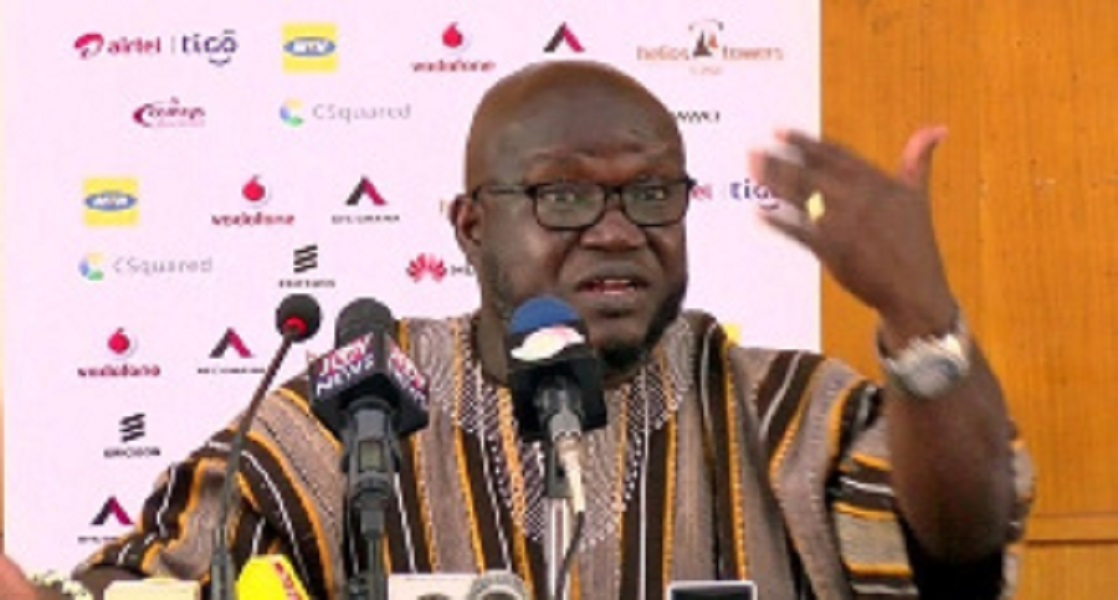The Ghana Telecommunications Chamber has intimated that the cost of power to ensure the smooth running of their services is expensive.
The CEO of the telcos chamber said the Public Utilities Regulatory Commission must give them some attention as far as their tariffs are concerned.
According to him, this is because the nature of the sector gives the impression that they may not need lower tariffs.
He added that this is not true because the aggregate of the power they consume is very high.
Ken Ashigbey made the call during the 21st Knowledge Forum series of the Ghana Telecommunications Chamber, on the theme: Empowering consumers through clean energy transitions.
Speaking to journalists, he said: “The interesting thing is that if you take the very bulk consumers of energy, for example, you take the mines, the steelworkers. They give them lower tariffs because of the volumes that they consume. The telcos by their very nature and the way we are, the towers are centered in various places the loads are small at our load centers but when you aggregate that, we are a huge consumer of power.
“Our proposal to the PURC is that they need to start looking at us the way they will look at the mines, those who are in the steelworkers. Apart from the volumes, it is also the social impact of what we do. The fact that telecommunication has become a utility. There is a need that we all work together to ensure that that service is available. If that is the case, then we can’t have it that the cost of power for us to generate one bit of data is more expensive than the cost of power to just chill my sobolo at home,” he added.
The CEO further added that the telecommunications sector contributes a significant amount to climate change, therefore, the need to discuss solutions that will centre on enhancing access to clean energy.
Ken Ashigbey said “However, we cannot run away from the implication of the climate change disaster facing the world, so as an industry we are committed to reducing the impact of climate change. The telecoms sector contributes to global emissions, particularly when you realize that there are over 54,000 base transmitter stations powered, in some cases 24 hours seven days a week, by generators. You can just imagine the emissions from these.”
Stakeholders in the energy sector who were present at the forum posited that Ghana is not exactly positioned for an energy transition yet. According to them, this is because some parts of the country still do not have access to energy.
Therefore, there is a need to focus more on achieving 100% access for almost every Ghanaian.

